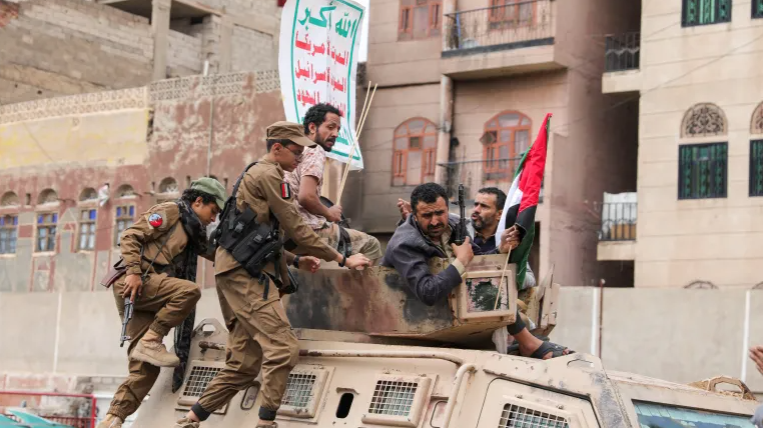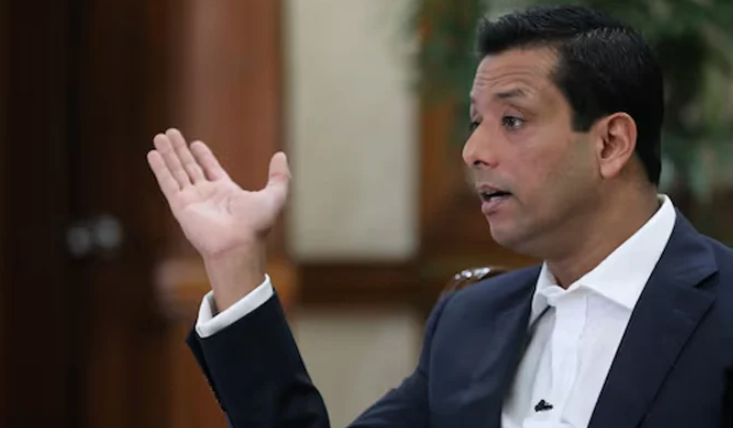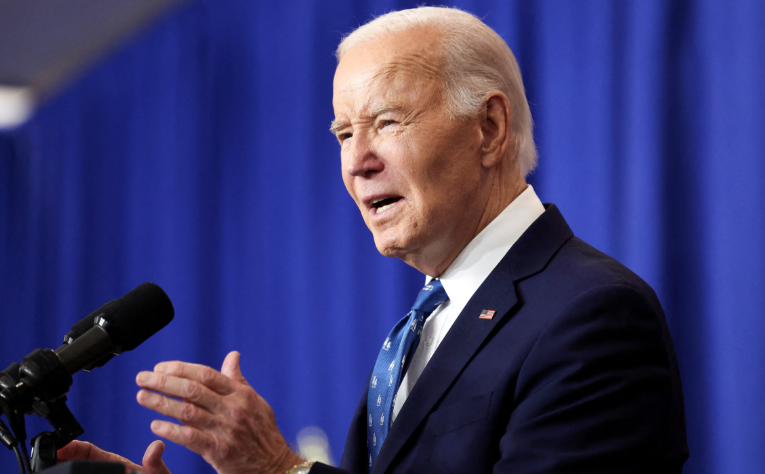WORLD NEWS

The recent fall of Syrian President Bashar al-Assad in December has had a profound impact on Yemen, sparking reflections and deep divisions among Yemenis regarding their own country’s fate. With Syria’s political landscape dramatically shifting, many Yemenis are considering whether the Houthi-controlled government in Yemen may soon face a similar fate.
For Mansour Saleh, a 25-year-old history graduate in Sanaa, the events in Syria are nothing short of “stunning,” “mysterious,” and “unexpected.” "It’s set us all thinking about what’s next for us in Yemen,” he said. Some Yemenis, particularly Houthi supporters, are mourning the fall of Assad, seeing it as a blow to the “axis of resistance” – a coalition led by Iran and including groups like Hezbollah and the Houthis. Others, especially in anti-Houthi regions, view Assad's downfall as a symbol of hope and a reminder that no regime, no matter how entrenched, is invincible.
The Houthi Response
For those loyal to the Houthis, including Abdulrahman Ali, a 40-year-old resident of Sanaa, Assad's fall is deeply personal. Ali views the collapse of Syria’s regime as a "massive loss" to the axis of resistance. “What matters is the continued strength of the resistance," he said. The Houthis, having long been backed by Iran, have waged war against the Yemeni government and its regional allies, including Saudi Arabia. Despite facing international isolation, the Houthis remain confident. Mohammed Ali al-Houthi, a senior leader in the group, stated that the Houthis are ready for any resumption of conflict, and that any “foolishness” from their enemies, including Israel, would trigger military responses.
Hope Among Anti-Houthi Yemenis
On the other side of the divide, Yemenis opposed to the Houthis see the fall of Assad’s regime as a victory for freedom. Faisal Mohammed, a 39-year-old teacher in Taiz, views the Syrian people's rise against oppression as a symbol of hope for Yemen. "The Assads’ dynastic rule has crumbled after 54 years… no matter how long the Houthis continue, they will meet the same fate," he said.
Iran’s diminished influence in the region, coupled with the challenges faced by Hezbollah and Assad’s fall, have given many anti-Houthi Yemenis renewed hope. “Hezbollah has suffered huge losses at the hands of Israel, and Assad’s regime is eliminated. Iran could do nothing,” Mohammed continued. “The Houthis will likely meet a similar destiny, and this means the Iranian presence in Yemen will be uprooted.”
The Difficult Path Ahead
Despite these hopes, experts like Mohammed Abdu, a journalist from Taiz, acknowledge that dislodging the Houthis will not be easy. "Houthi military force and prowess is huge. They have thousands of fighters and weapon arsenals," Abdu stated. However, he added that a coordinated effort from the Yemeni government, along with regional and international support, could expedite the Houthis’ collapse.
For many Yemenis, the downfall of Assad also serves as a stark warning. Yunis Saleh, a shopkeeper in Sanaa, noted that while removing a dictator might seem like a victory, it is the aftermath that truly matters. “Syria shows us that removing a dictator is not the end of the story,” he said. “What matters is what comes next. If Syria does not find peace, we will face the same endless cycle of violence.”
The Humanitarian Crisis
Yemen’s war has already left millions suffering. The World Health Organization (WHO) has reported that more than half of Yemen’s population is in desperate need of aid. With over 17.8 million people requiring health assistance and 4.5 million displaced, Yemen’s humanitarian crisis has been exacerbated by the ongoing conflict between the Houthis and the Yemeni government.
International Isolation and Regional Alliances
The Houthis' actions, particularly their missile and drone attacks on Israel, have further isolated them internationally. Their strikes on vessels and their alignment with Iran have drawn responses from regional powers, including the United States and the United Kingdom. Despite being removed from the U.S. terrorist list in 2021, the Houthis were re-designated as a terrorist group in January. Abdulsalam Mohammed, a researcher at the Yemeni Abaad Studies Center, believes that there is now a national, regional, and international consensus to end Houthi rule, either through diplomacy or force.
A Possible Shift in Regional Dynamics
Abdulsalam also pointed to shifts in the region as pivotal in the Houthis' potential downfall. "The defeat of the ‘axis of resistance’ in Syria could lead to the collapse of the Houthis," he said. "Iran is looking for new allies, but the Houthis' relationship with them may soon erode."
Many in Yemen believe this is a golden opportunity for the Yemeni government to reclaim territories lost to the Houthis over the past years. However, the mountainous terrain in Houthi-controlled regions and the continued tribal support for the Houthis, especially around Sanaa, pose significant challenges to any military offensive.
Looking Forward
As Yemen continues to grapple with its war and its complex political divisions, many are left wondering how the fall of Assad will affect their own fate. The war in Yemen shows no sign of ending soon, and whether through peace or conflict, the coming months will be crucial for the future of the region. As Saleh, the history graduate, reflects, “The Houthis wait for a life-and-death battle, and their opponents remain hesitant to begin a war. It may begin at any time, but its end will be indefinite.”




